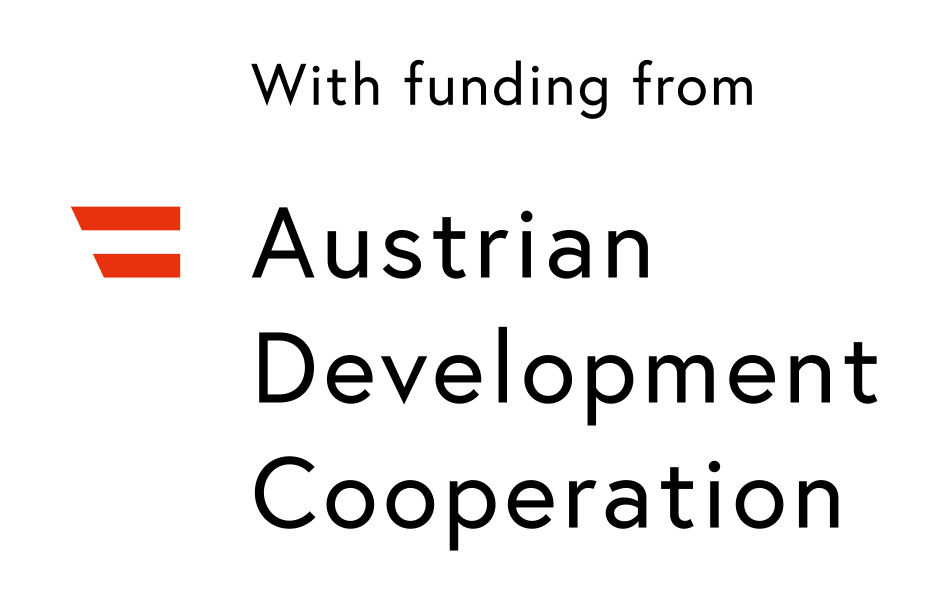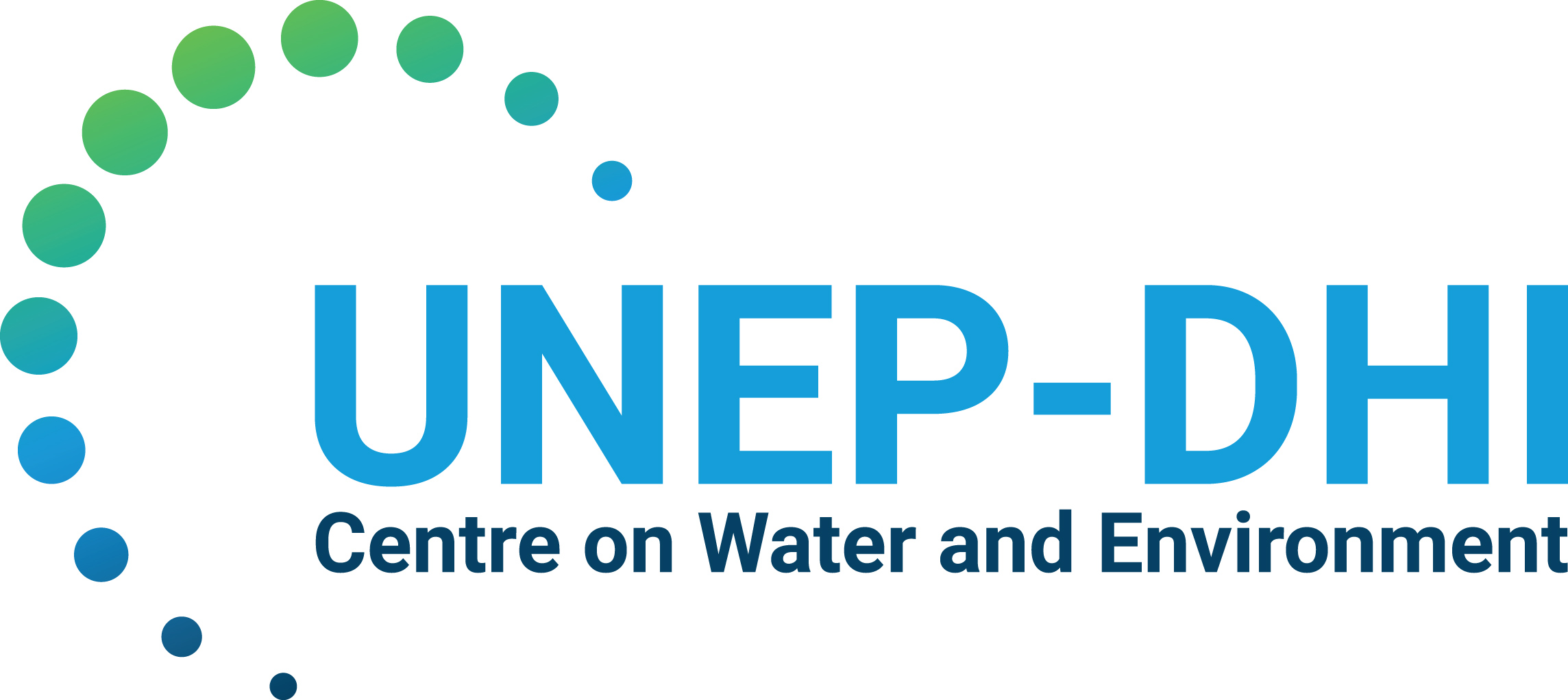Gender and Integrated Water Resources Management (IWRM)
Third edition





About This Course
Fresh water is becoming increasingly scarce across the world, while remaining a daily basic need for all. Population growth, climate change and increasing water demand are all factors that are increasing pressure on our water ecosystems and fuelling competition over these scarce resources. Ensuring that all users have access to sufficient and clean water and have a voice in deciding how the resources are managed is more important than ever and is at the centre of integrated water resources management (IWRM) approach.
Gender and water have a particularly strong link. For sustainable water resources management ensuring meaningful participation of all stakeholders is critical. Guided by the Why Gender Matters in IWRM training manual, this course unravels the existing challenges faced by vulnerable groups when dealing with water, demonstrates how the two are connected and explains the benefits of addressing gender and water in an integrated way.
For policy- and decision makers, this course will explain why including gender perspectives in water management is important and how to move from gender mainstreaming ‘on paper’ to gender mainstreaming in practice. It will also draw on the global Sustainable Development Goal 6 data to demonstrate how much progress has been achieved in the topic since adoption of the SDGs in 2015.
For practitioners, the course avails an abundance of case studies and lessons learned, supported by concrete examples and tools for gender integration in water management, which can be tailored and adapted to suit practitioners’ needs and working contexts.
Objective
The course aims to improve practitioners’ understanding of the benefits of integrating gender meaningfully into the water sector, using integrated water management practices.
The course presents the various actions required to fully integrate women and vulnerable participants in water resources management. It also cautions of the potential negative impacts of ignoring gender components when planning for water and sanitation, climate resilience, and inclusive participation. Participants will learn about tools and case studies of gender mainstreaming in practice, including monitoring and gender-specific indicators, using evidence-based data to support gender-inclusive decisions and strategies.
By the end of the course, participants will be able to design and implement integrated and inclusive gender mainstreaming interventions in the water sector. They will also be equipped with tools to support strong recognition of marginalised groups, leverage their knowledge towards adaptive measures to climate change, and work towards inclusive representation of all stakeholders in sustainable water resources management practices.
Participants
Participants representing various stakeholder groups from the entire water sector globally are invited to take this course:
- stakeholders and professionals forming part of water management, civil society, river basin, or international organisations; development programmes, members of UN organisations, and representatives of the private sector;
- Sustainable Development Goals focal points and facilitators within national governments
- decision-makers, policy-makers, and high-level professionals and managers active in governmental bodies
- capacity developers active in the fields of integrated water resources management, climate action, gender mainstreaming, stakeholder engagement, monitoring and evaluation among others.
Participants are expected to have previous knowledge of the basic concepts of integrated water resources management. A basic understanding of the impacts of climate change on water resources is expected. No previous knowledge of gender or its interactions with water is required
Contents and course structure
The course contains the following modules:
MODULE
1
Introduction to gender and Integrated Water Resources Management
MODULE
2
Gender mainstreaming in WRM nationally: from paper to practice
This module will discuss gender mainstreaming in WRM at the highest levels nationally and sub-nationally and what it looks like in practice, including IWRM implementation progress and SDG indicator 6.5.1 over the last few years. This module will also have a deeper dive into the 7 key enablers of gender mainstreaming in IWRM and will offer practical examples of gender mainstreaming in action.
MODULE
3
Gender equality, social inclusion and water, sanitation and hygiene (GESI and WASH)
The goal of the module is to promote the integration of gender transformative and inclusive practices into WASH policies, programs and interventions, to empower all individuals- women, men, youths, boys, girls, people with disabilities, very poor people, indigenous people, the elderly and socially excluded people to lead a healthier, safer and more dignified lives.
MODULE
4
Gender, Water, and Climate Change
MODULE
5
Gender, water, and inclusive decision making
MODULE
6
Gender-Disaggregated Data and Monitoring IWRM
The goal of this module is to explain the WHY and the HOW for the collection of gender-disaggregated data. Both quantitative and qualitative dimensions will be seen, as contribution to a project Theory of Change, and considering the relevance of a gender perspective and inclusive monitoring in IWRM.
Each module consists of mandatory readings based on the training manual and is complemented by additional resources: videos, websites, case studies, and suggested readings. Participants are invited to share their experiences and questions through dedicated discussion forums in each of the modules.
Course approval criteria and certificate
Approval requires 70 percent correct responses on the set of multiple-choice questions in each module. Participants who complete all modules receive a certificate granted by the course organisers.
Answering the multiple-choice questions at the end of each module is a condition to move on to the next module, completing the course, and receiving a course certificate. Participants have up to three chances to obtain at least 70 percent correct responses, and in all cases the platform will indicate the wrong answers.
After completing all modules, participants are invited to answer a short feedback survey on the course. Once this survey is answered, participants may download their certificate.
Participation in the course, as well as the download of the certificate, is free to the participant.
What people say about the course
“The most valuable concept this course introduced to me is the ways on adapting and integrating gender equality in planning for water resources management such as using the gender analysis method.”
- Course Participant, The Philippines
“For me, the most valuable concept was the monitoring and example indicators. I am new to WASH projects, and these examples helped me understanding and expand my ideas for potential indicators.”
- Course Participant, USA
“As a member of the National Land Commission, we are tasked to govern and manage all natural resources including water. This course has enlightened me on management approaches that involves gender and more so intersectionality. The knowledge acquired will be used sustainably for the good of our people together with their natural resources.”
- Course Participant, Kenya
“I am currently working in a project to empower women to restore wetlands in Mexico City. Thus, it was very relevant to the project I am working on.”
- Course Participant, Mexico
![]() Language: English.
Language: English.
![]() Structure: 5 modules.
Structure: 5 modules.
![]() Level: Introductory.
Level: Introductory.
![]() Content: readings, videos, forums.
Content: readings, videos, forums.
![]() Time: 25 hours.
Time: 25 hours.
![]() Total time dedication: 5 weeks.
Total time dedication: 5 weeks.
![]() Institutions: Cap-Net, Global Water Partnership, Gender, Water Alliance and UNEP-DHI
Institutions: Cap-Net, Global Water Partnership, Gender, Water Alliance and UNEP-DHI
![]() Certification: upon approval of quizzes at the end of each module.
Certification: upon approval of quizzes at the end of each module.